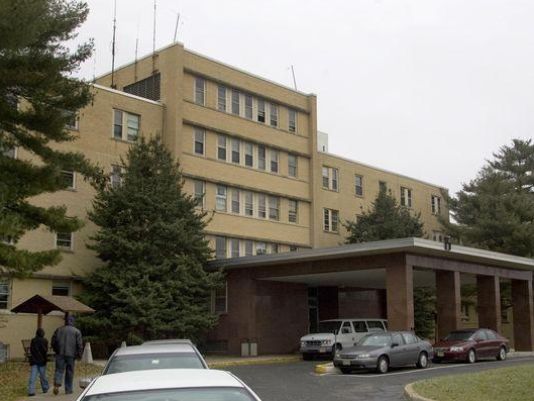
The state reassigned three top administrators at Ancora in June after inspectors found repeated deficiencies. The hospital lost its federal certification for 11 days. The Centers for Medicare & Medicaid Services restored Ancora’s certification on July 3, and the hospital did not lose any federal funding.
Inspectors examined the records of a small sampling of Ancora’s 429 patients. They found two patients had been restrained at least three times within a 30-day period without anyone updating their treatment plans to prevent future episodes.
According to a 2011 report for the federal Substance Abuse and Mental Health Services Administration, restraints are considered an expensive, violent and potentially harmful practice that can prolong recovery and raise the cost of health care.
Indeed, restraints and seclusion should only be used as a “last resort,” explained Debra Wentz, CEO of New Jersey Association of Mental Health and Addiction Agencies. She called the findings “serious.”
“It can be terribly traumatic,” she said. Ending the practice requires changing the culture of an institution through continuous training and documentation.
“You never want to put someone’s safety and well being at risk,” Wentz added. “It’s clear from the changes in the administration that the Department of Human Services took the deficiencies very seriously.”
Nicole Brossoie, a spokeswoman for the Department of Human Services, declined a Courier-Post request to ask Ancora’s new acting CEO, Christopher Morrison, about the use of restraints, saying it was too soon for an interview.
In 2007, just before the U.S. Justice Department opened a four-year investigation into Ancora, New Jersey received a three-year $214,000 federal grant to reduce the use of restraints and seclusion in its state psychiatric hospitals.







